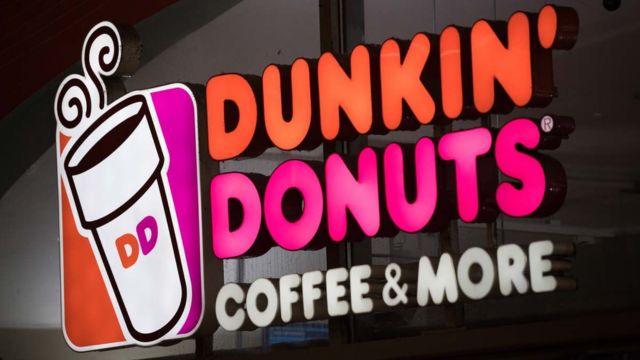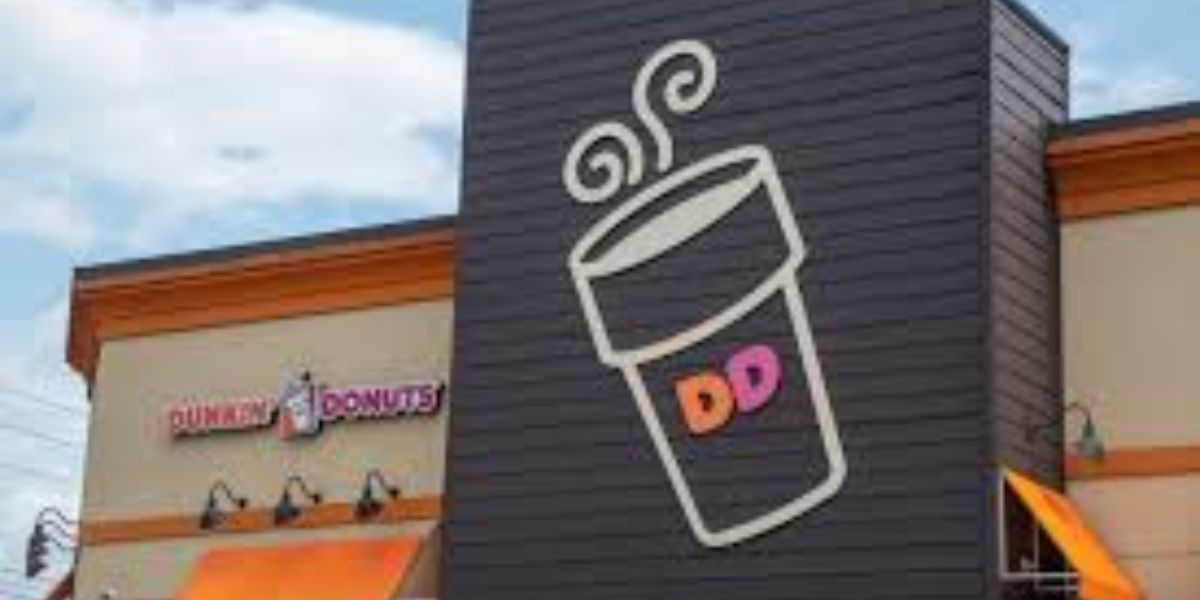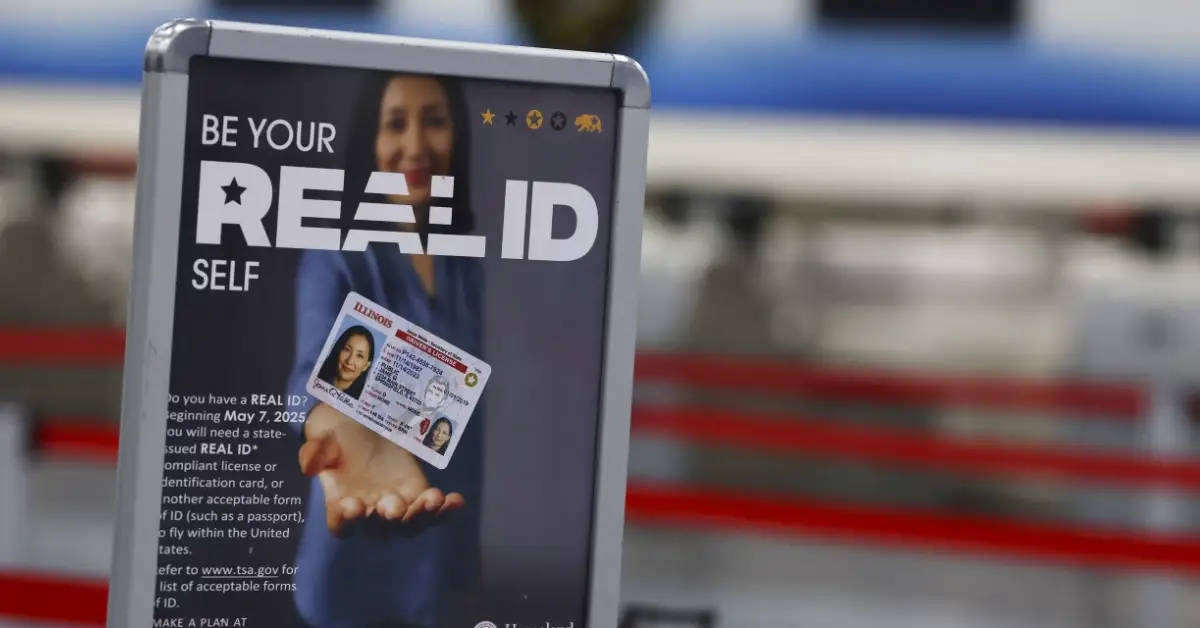Overview of the Dunkin’ class action:
Who: A class action lawsuit against the coffee and doughnut corporation has been launched by two Dunkin’ customers.
Why: According to the plaintiffs, Dunkin’ charged them more for eating in-store.
Where: A federal court in California received the Dunkin’ class action filing.
A class action complaint filed by two Dunkin Donuts customers alleges that the coffee and doughnut business adds unstated fees to patrons’ orders when they dine in-store.
Plaintiffs On July 8, a California federal court received a class action complaint from John Michael Taferner and Itzel Diaz, accusing them of breaking both state and federal consumer laws against Dunkin’ Brands Group Inc., its owner Inspire Brands Inc., and other affiliates.
Investigation into Dr. Tyler James Hurst’s sexual assault class action case
The plaintiffs claim that before paying for their orders, they and other guests were unintentionally charged a dine-in fee or other hidden expenses that Dunkin’ never revealed to them, either verbally or in writing.

They claim that because these costs were not disclosed to customers until after the transaction was finished, they were not aware of the extra costs when they were making their payment.
SEE MORE –
Much Painful Farewell: Popular Restaurant Chain Closes Its Illinois Location
The lawsuit states, “Plaintiffs allege that the defendants intentionally deceived consumers about a dine-in fee or other junk fee, as evidenced by plaintiffs’ consistent experience, through a nationwide corporate policy enforced on its Dunkin’ franchisees.”
Fees for Eating in for Coffee, According to the Lawsuit
The plaintiffs contend that they would have chosen to order carry-out instead of dine-in to save the additional expense of the “dine-in fee” or not purchased the items from Dunkin’ if they had been properly told about it or other hidden costs.
Taferner, for instance, claims to have gone to a Santa Clarita, California, Dunkin’ Donuts outlet towards the end of 2023. Taferner claims that after paying a fixed amount for a medium coffee, he received a receipt with an extra $0.50 charged for dine-in service.
The lawsuit claims that “Plaintiff Taferner did not see any disclosure about there being an additional fee for ordering an item inside the store,” and that “the cashier did not mention at any time that there was an additional fee for ordering items inside the restaurant.”
He claims that the encounter left him “extremely disappointed and frustrated,” as well as feeling duped. He continued by saying he wanted the practice to end right away.
Dunkin’ focused on lower-class consumers
The wider effects of the purported conduct on susceptible consumers are also highlighted in the complaint. It highlights low-income people and immigrants who speak little or no English and who mostly rely on visual cues and staff members who have received the necessary training to provide accurate information.
According to the plaintiffs, it is unfair to expect these customers to enquire about any hidden prices, and Dunkin’s actions are particularly detrimental to these particular populations.
The plaintiffs further assert that they think the purported hidden fees policy was a “strategic response” to expected revenue deficits that persisted even after the lifting of pandemic-related limitations during the COVID-19 outbreak.
They claim that Dunkin’ purposefully forewent full consumer disclosure in favor of a clean and minimalist look, making a “calculated decision” to highlight this style in its marketing.
Because of this, the plaintiffs are suing on behalf of all American customers who have ever made a transaction at a Dunkin’ Donuts outlet and have been subjected to additional costs. The plaintiffs are suing for unjust enrichment, negligent misrepresentation, fraudulent concealment, breach of contract, express warranty breach, and other violations of California business statutes. A jury trial, damages, fees, costs, and class action certification are what they are requesting.
Ten customers who have lactose intolerance or allergies filed a class action lawsuit against Dunkin’ in February, claiming the corporation illegally charges an additional fee for any non-dairy milk substitute.
What are your thoughts on the claims made in this class action against Dunkin? Tell us in the comments below.
The plaintiffs are represented by CWN Inc.’s Cameron Nazemi.
John Michael Taferner, et al. v. Inspire Brands Inc. et al., Case No. 2:24-cv-05711, is the name of the Dunkin’ Hidden Dine-in fee class action case filed in the U.S. District Court for the Central District of California.




